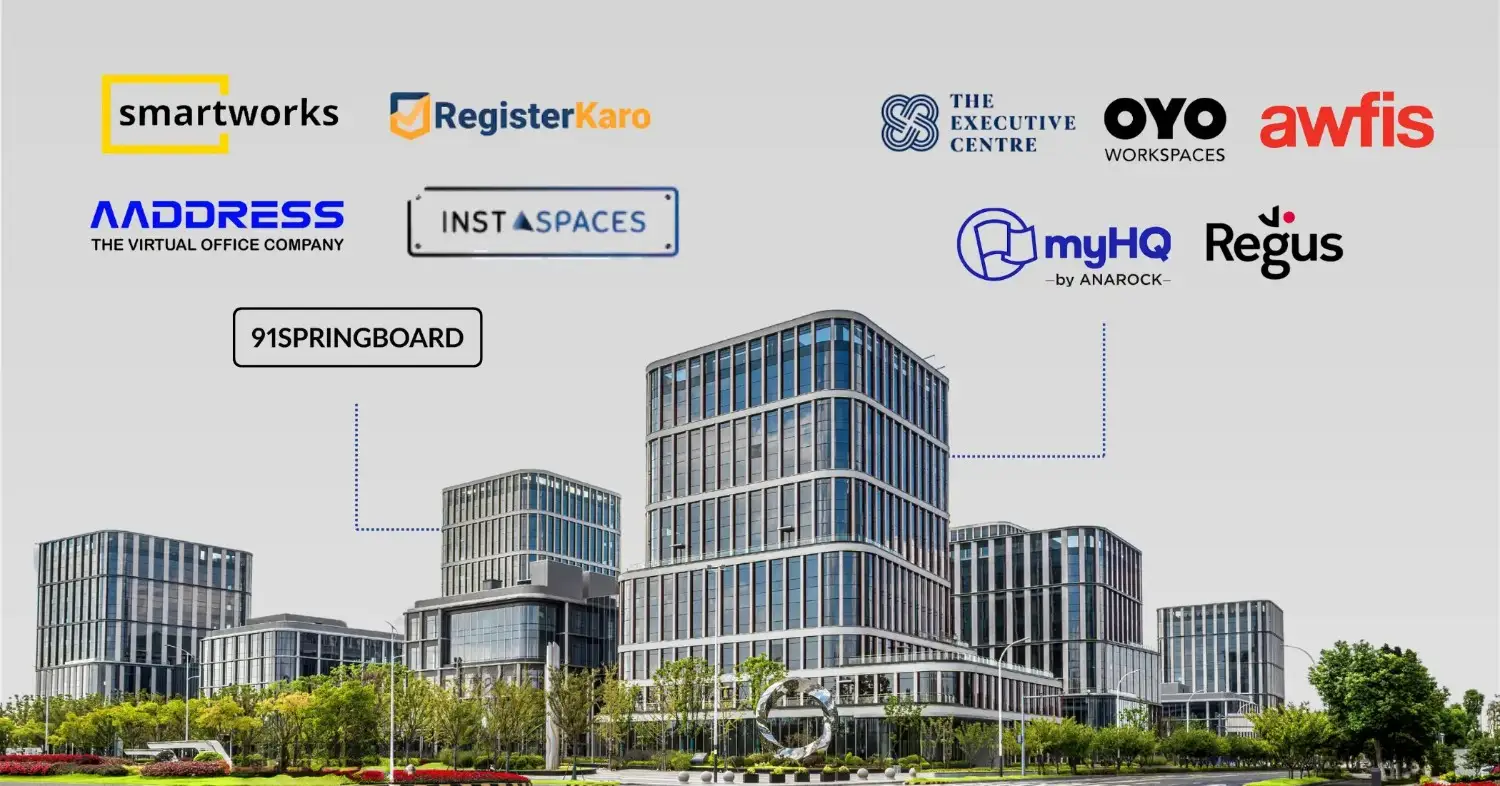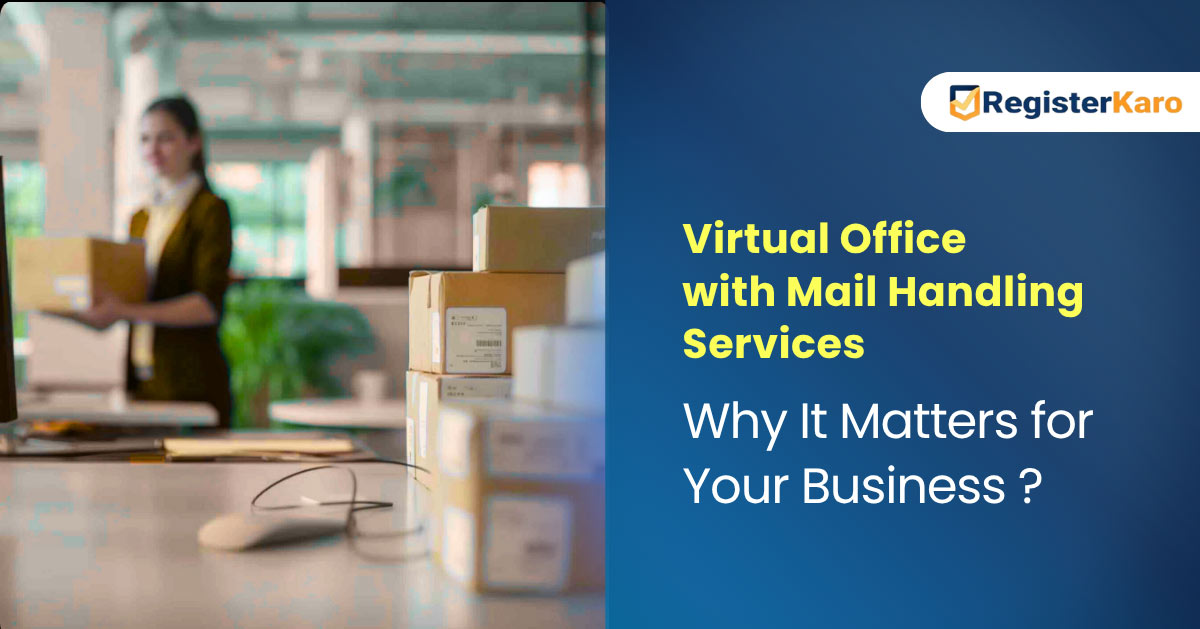A virtual office in India provides businesses with a prestigious commercial address without the need to rent a physical workspace. It includes services such as mail and courier handling, call answering, access to meeting rooms, and assistance with compliance documents.
In Hyderabad, with 7,000+ startups and 1,500+ IT firms, demand for virtual offices has surged, growing 25–30% annually as businesses seek credibility without high rentals.
A few key factors make virtual offices the preferred option in the city:
- TS-iPASS (Telangana State Industrial Project Approval and Self-Certification System): With faster approvals and simplified business registrations, Hyderabad promotes a streamlined, paperless environment, perfectly aligned with the virtual office model.
- Telangana AI Framework: As Hyderabad grows into a hub for digital innovation and artificial intelligence, virtual offices offer the flexibility and tech-readiness needed to support future business expansion.
How a Virtual Office Works for Business?
A virtual office enables companies to save money, maintain compliance, and ensure smooth communication with clients, without the burden of high office rentals. Here’s how it functions:
- Professional Business Address: Get a prime commercial address that can be used for GST registration, ROC filings, and building client trust.
- Mail & Courier Management: All mail and parcels are received, scanned, and forwarded promptly, keeping your operations seamless.
- Call & Reception Services: Dedicated reception support answers calls and manages client queries in your company’s name, ensuring a professional image.
- On-Demand Workspace: Access meeting rooms or coworking desks only when needed, helping you cut down on fixed costs.
Note: GST departments sometimes conduct physical inspections. Only registered virtual offices with proper documents (NOC, rent agreement, utility bill) are accepted.
Virtual Office vs. Traditional Office: Which Is Better?
Hyderabad is rapidly growing as a business hub for startups, SMEs, exporters, and freelancers. Choosing the right office setup can impact costs, flexibility, and credibility. Here’s how virtual and traditional offices compare:
| Factor | Virtual Office | Traditional Office |
| Cost | Low monthly plans; pay only for needed services | High rent in prime locations |
| Location/Address | Prime business address in Madhapur, Gachibowli, Begumpet | Requires leasing full office space in commercial hubs |
| Flexibility | Work from anywhere, use meeting rooms when needed | Fixed location, limited flexibility |
| Compliance Support | Provides GST-ready documents, NOC, rent agreement, and mail handling | You handle GST, ROC filings, and mail yourself |
| Professional Image | Gives a credible business presence without a full-time office | A full office gives a tangible presence, but costly |
| Scalability | Easy to scale up or down as the business grows | Expanding requires renegotiating the lease or moving |
| Setup Time | Immediate setup, usually within 24–48 hours | Takes weeks to find, lease, and furnish an office |
| Operational Overheads | Minimal, only pay for services used | High utility bills, maintenance, and staffing costs |
| Ideal For | Startups, freelancers, e-commerce, and home-based businesses | Established companies needing full infrastructure |
Note: Virtual offices are legally valid for GST and ROC registration if they provide the required compliance documents. Always ensure your provider is authorized and GST-accepted.











